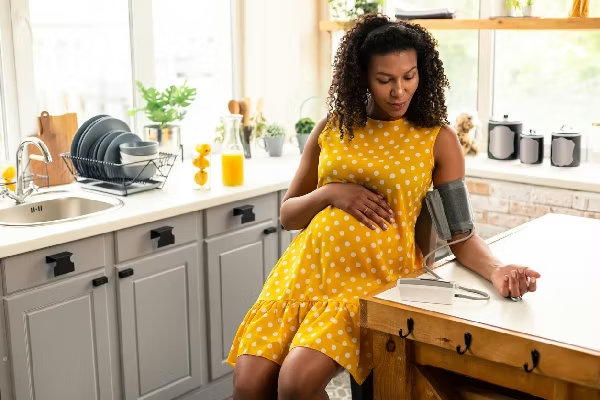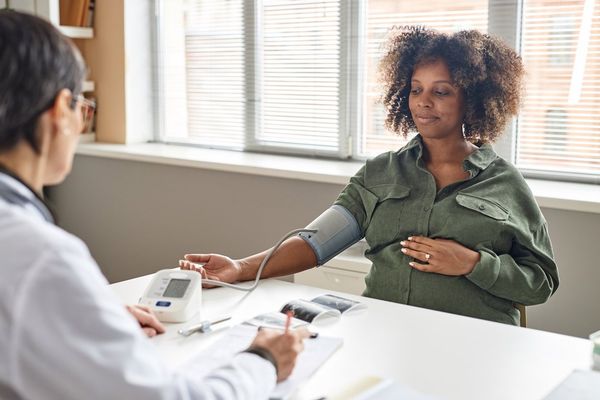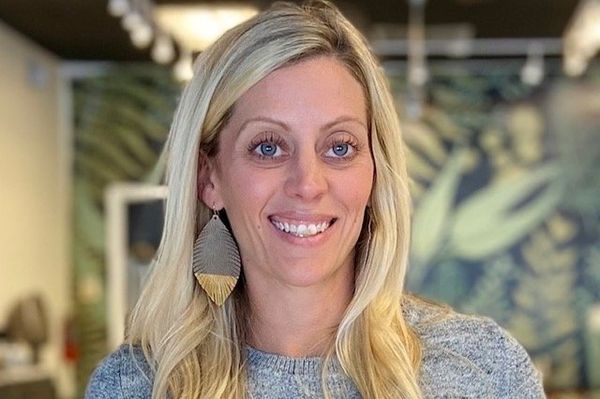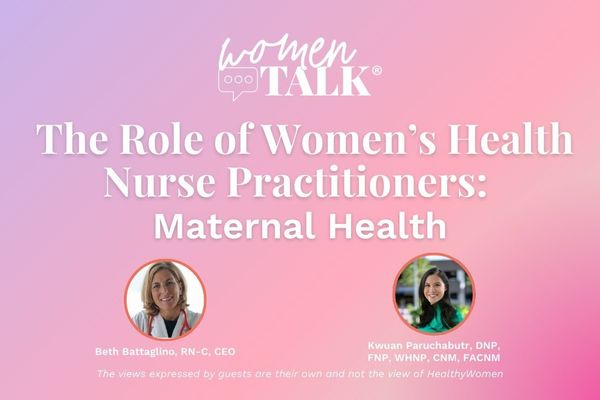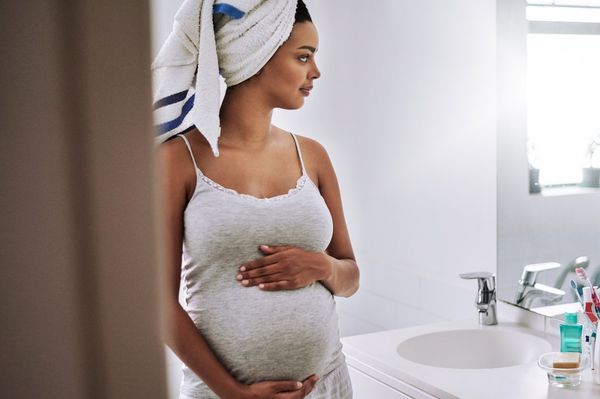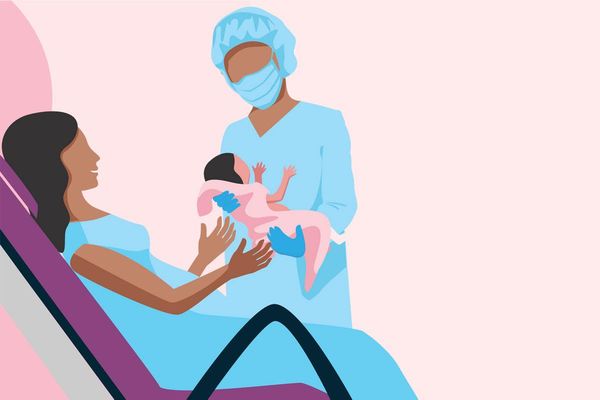I hear from a lot of women who are ready to have a baby. Some want to be pregnant as soon as possible. Others are considering pregnancy and trying to get prepared.
Stop all birth control
It may sound obvious—and that's because it is! If you're ready to become pregnant, then the first thing to do is to STOP using any birth control.
With most birth control methods, once you stop using them, your normal menstrual cycles will return. It may take a few weeks before you have a period, but the process that leads to your period resumes as soon as you stop birth control.
Do I have to wait a few months?
You do not have to wait for the birth control hormones to leave your system, because they are cleared from your body within a day or two. That means you can become pregnant right away.
Likewise, as soon as an IUD or an implant is removed, you can become pregnant right away. The only exception to an immediate return to fertility after stopping a method of birth control is the Depo-Provera injection.
When should I start taking a prenatal vitamin?
If possible, start taking a prenatal vitamin with folic acid and DHA three months before you start trying to become pregnant. Studies show that women who took folic acid for several months decreased their already very low chances of having a baby with a serious defect in the neural tube, which forms the brain and spinal cord.
How long will it take to become pregnant?
Most couples I talk to want to know how long it usually takes for people to become pregnant once they start trying. The table below shows the percentage of couples who become pregnant over various times, if the woman was healthy and under 35.
Length of Trying |
Percentage of Couples Who Become Pregnant |
3 months |
50%-60% |
6 months |
80% |
12 months |
85% |
3 years |
91% |
After age 35, fertility rates decrease slightly. Don't get discouraged if it takes a bit longer to get pregnant.
When to see a specialist
If you have trouble conceiving, the table below offers some guidelines on when you may want to consult a fertility specialist.
If You're Under This Age |
And Have Been Trying For |
35 |
More than 1 year |
38 |
More than 6 months |
40 |
More than 3 months |
Read more about Top Causes of Infertility in Women.
I hope this information has been helpful. Good luck and remember to take your prenatal vitamin as you prepare for pregnancy.
This blog originally appeared on Nurse Barb's Daily Dose. Barb Dehn is a women's health nurse practitioner, award-winning author and nationally recognized health expert. She practices with Women Physicians in the Silicon Valley of California.


